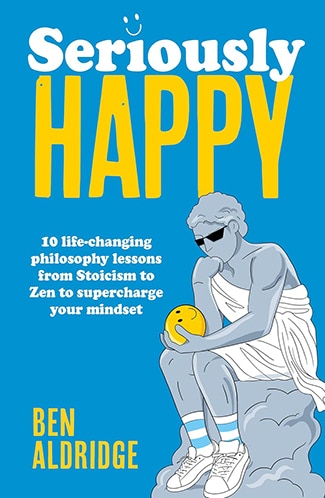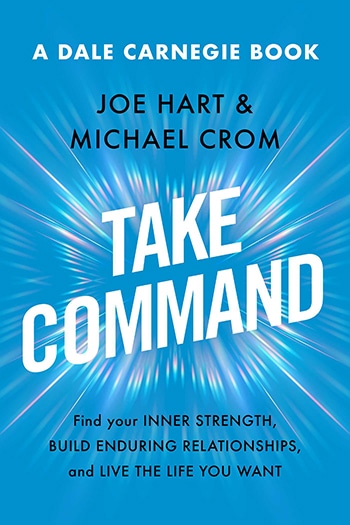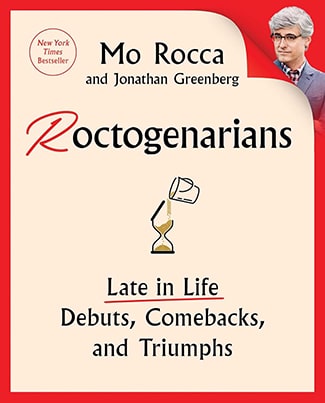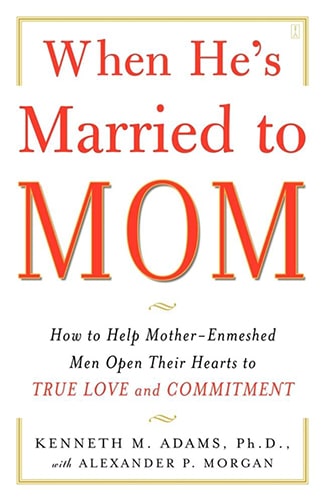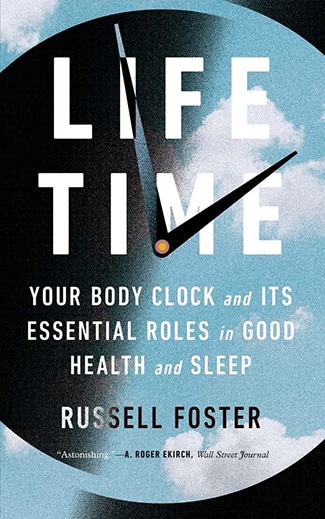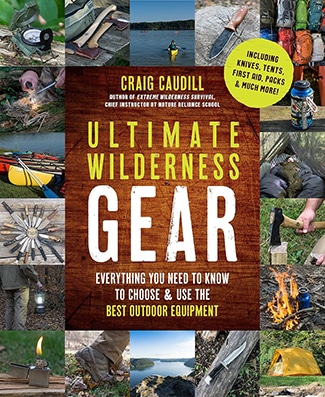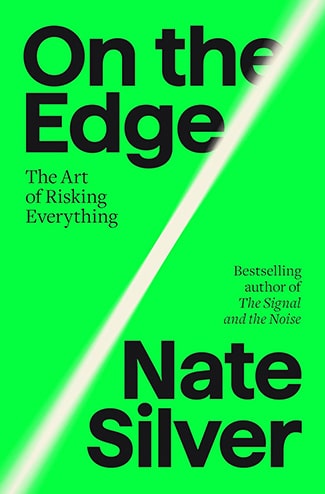Podcast Summary
Spiritual Disciplines: Spiritual disciplines, such as fasting, silence, self-examination, study, and simplicity, strengthen the soul and help individuals deepen their inner life, find greater purpose, and subdue base desires to reach for higher ideals.
Just as physical exercises strengthen the body, spiritual disciplines are necessary to train and expand the soul. These practices, which can include fasting, silence, self-examination, study, and simplicity, among others, can be found across various religions and philosophies. They help individuals deepen their inner life, find greater purpose, and subdue base desires to reach for higher ideals. Spiritual disciplines serve as a counter-action to the powerful external forces that resist a spiritual life, allowing individuals to form their own values and rhythms instead of being shaped by the defaults of their age. Whether from a Christian, Buddhist, Islamic, or Stoic perspective, these practices provide a means to build a stronger, more resilient inner self.
New Testament teachings on yoke: The New Testament encourages us to embrace truth and wisdom from various traditions, while challenging untruths. Jesus' teachings offer a way to shoulder the weight of life with peace and grace, and the monastic tradition provides spiritual disciplines to deepen commitment.
The New Testament, particularly the teachings of Paul and Jesus, encourage us to celebrate truth and wisdom from various traditions while challenging deep-rooted untruths. The concept of a "yoke" in the Bible, which refers to the teachings or way of life, can be understood through the agricultural metaphor of a yoke used to connect two oxen. Jesus' teachings, as presented in the New Testament, offer a way to shoulder the weight of life with peace and grace, rather than an easy life free of challenges. The monastic tradition, which emerged from the earliest followers of Jesus, recognized the need for spiritual disciplines to support and deepen one's commitment to this way of life, beyond the power of insight and willpower alone.
Rule of Life: Creating a rule of life involves organizing our lives around our deepest desires and values, aligning them with daily practices, and setting the agenda for a fulfilling life
A rule of life is a deliberate and intentional way to organize our lives around our deepest desires and values, aligning them with our actions and daily practices. This concept, derived from ancient Mediterranean practices, involves creating a support structure, or "straight piece of wood," to help us grow towards our goals and away from negative influences. We all have a rule of life, whether intentional or not, and the question is whether it's working for us or against us. By consciously creating a rule of life, we can set the agenda for our lives and live in alignment with our values, ultimately enabling us to live the life we most deeply desire.
Spiritual Disciplines: Regularly practicing silence, solitude, and stillness through intentional discipline can lead to personal growth and resistance against societal influences, enabling us to become the person we want to be.
Intentional discipline and spiritual practices are essential for personal growth and resistance against the influences of modern society. Jesus, as an example, regularly practiced solitude and silence to connect with his inner self and God, enabling him to live with extraordinary equilibrium and wisdom. This spiritual discipline, known as silence, solitude, and stillness, involves retreating from external distractions to quiet places for meditation and self-reflection. By prioritizing these practices, we can work on our living and become the kind of person we want to be, rather than being passively formed by external influences.
Solitude and Sabbath: Regular periods of solitude and Sabbath can improve mental, emotional, and physical well-being by allowing self-reflection, connecting with God or inner self, and recharging from the external world
Incorporating regular periods of solitude and practicing the spiritual discipline of Sabbath can significantly benefit our mental, emotional, and physical well-being. Solitude provides an opportunity for self-reflection, learning about ourselves, and connecting with God or our inner selves. Sabbath, rooted in both Jewish and Christian traditions, offers a day of rest from work and the outside world, allowing us to recharge and reconnect with our families and communities. Both practices have been lost in the hustle and bustle of modern life, but they are essential for leading a balanced and fulfilling life. By taking breaks from the constant stimulation of the external world and allowing ourselves to rest, we can reduce stress, improve focus, and return to our daily lives with greater wisdom, fortitude, and peace.
Sabbath and Fasting: Incorporating Sabbath and fasting practices can bring significant benefits to our lives, including deeper connections with ourselves, loved ones, community, and a higher power (for some), and help us resist constant stimulation and live more intentionally.
Incorporating the practice of a Sabbath, whether secular or religious, can bring significant benefits to our lives. Sabbath is not just about resting or taking a day off, but also about deeply connecting with ourselves, our loved ones, and our community, as well as with a higher power for those who practice it spiritually. The Sabbath can help us resist the constant stimulation and accumulation of the modern world and provide an anchor for our spirituality. Fasting is another practice that can have a profound effect on our bodies and spirits by helping us overcome primal desires and feed our enlightened selves. Both Sabbath and fasting offer ways to live more intentionally and connect more deeply with ourselves and the world around us.
Spiritual Practices and Community: Regular or crisis-based fasting and building deep relationships through community can enhance spiritual growth and transform the body from an enemy to an ally.
Incorporating spiritual practices like fasting and community into one's life can help transform the body from an enemy into an ally in the journey towards becoming a person of love. Fasting, which traditionally involves not eating but drinking water, can be practiced regularly or during specific crises or major decisions for spiritual growth and discernment. Community, often overlooked as a spiritual discipline, is essential for resisting the individualistic culture and fostering deep, intentional relationships with others. Whether it's sharing a meal with loved ones or serving those in need, making relationships an integral part of life can bring profound spiritual benefits. In the Christian tradition, being a Christian is not just about following Jesus, but being a member of His community, which emphasizes the importance of living in connection with others.
Simplicity and Community: Practicing simplicity by reducing commitments, possessions, and consumerism, and adopting habits like slowing down and decluttering, helps order desires and align daily life with deeper values, leading to greater peace and joy in community.
Living a meaningful and intentional life requires community and shared values, as well as practicing simplicity. This can be achieved by reducing commitments, possessions, and consumerism, and adopting habits like slowing down and decluttering. The spiritual discipline of simplicity helps order desires and align daily life with deeper values, leading to greater peace and joy. By simplifying, one can live a more meaningful and productive life, not less. Begin by focusing on possessions, consumerism, and scheduling, and remember that doing less can lead to more.
Spiritual practices for a productive life: Slow down, prioritize, and incorporate spiritual practices like Sabbath rest, daily solitude, and regular relational connections for reduced stress, improved relationships, and a more joyful existence
Leading a meaningful and productive life doesn't necessarily mean doing more, but rather, slowing down and prioritizing. Hurry and multitasking can negatively impact our relationships and overall well-being. To start incorporating spiritual practices into your life, consider beginning with subtraction, such as setting aside time for Sabbath rest, daily solitude, and regular relational connections. These practices can help reduce stress, improve relationships, and foster a more joyful and peaceful existence. Remember, it's not about perfection but progress and incremental growth.
John Mark Comer, Practicing the Way: John Mark Comer is an author and founder of Practicing the Way, offering resources and articles on spiritual disciplines. Support the show by leaving a review or sharing.
John Mark Comer is an author and the founder of a nonprofit organization called Practicing the Way. He has written several books, including "Practicing the Way," and his work can be found on his website johnmarkcomer.com. For those interested in learning more about the spiritual disciplines, including resources and an in-depth AOM series of articles, visit AOM.is/spiritual-disciplines. To support the show, please leave a review on your preferred podcast platform or consider sharing it with a friend or family member. As a reminder, put what you've heard into action.

